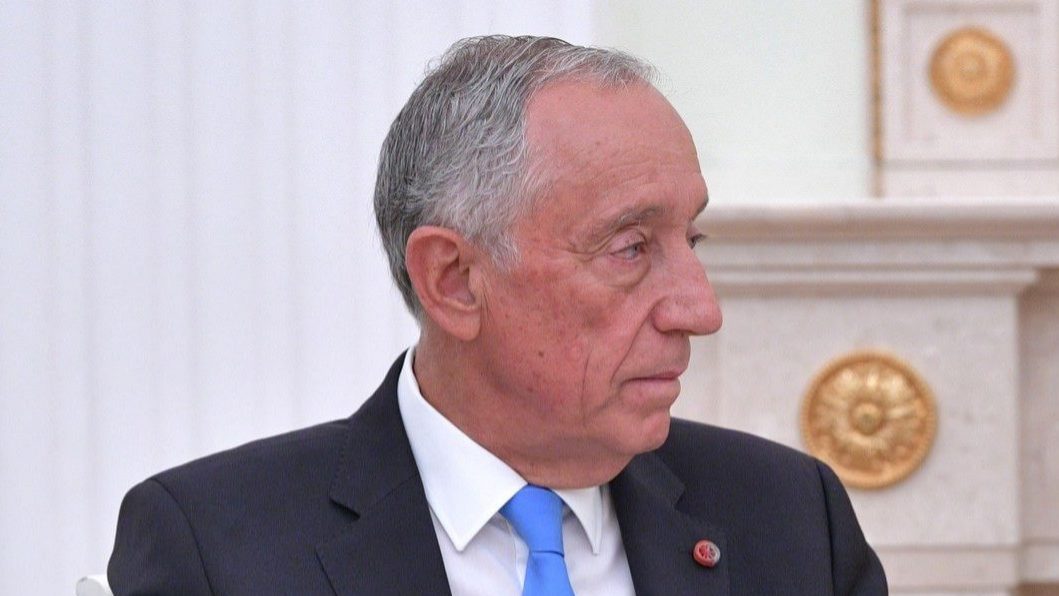Portugal among those where Uber exploited violence by taxi drivers
The plan began to be designed in 2015, when the US company's strategists realised they could benefit from acts of violence against Uber drivers.
Portugal is among the countries in which Uber used a concerted strategy of seeking to take advantage of violence by taxi drivers against Uber drivers, as a way of promoting the company’s image and securing concessions from governments, a journalistic investigation has revealed.
The plan began to be designed in 2015, when the US company’s strategists realised they could benefit from acts of violence against Uber drivers, gaining the sympathy of public opinion, reveals the Uber Files investigation, conducted by the International Consortium of Investigative Journalists (ICIJ).
The investigation now made public today quotes one of the company’s lobbyists, Christian Samoilovich, in a message sent to a colleague in March of this year, where he acknowledges that Uber could use violence against the company’s drivers to its advantage, after an adviser to the European Commission wrote on the social network Facebook that an Uber in which he had travelled had been attacked by taxi drivers.
That week, four Uber drivers were attacked in the same night by taxi drivers in the Netherlands who were protesting against the benefits the US company was enjoying, leading Niek van Leeuwen, the organisation’s manager for that European region, to report the situation to the then CEO, Travis Kalanick. With the endorsement of the company’s top management, Leeuwen released his reaction of indignation to the media in the Netherlands, feeding the controversy and then drafting an internal report in which he advised: “We must maintain this narrative of violence”.
From there, Uber began advising drivers to stand up to the taxi drivers’ violence, reminding them that this was the best way to protect the interests of the company they worked for. Kalanick appears in several messages advocating that Uber drivers stand up to taxi drivers, even where they risked being physically assaulted, advising that “the narrative of violence” be maintained.
A spokesperson for the former CEO told the consortium of journalists that these statements are out of context and that Kalanick never meant to endanger the lives of Uber drivers, but current leaders of the company have shown outrage at these practices.
One of the examples presented by the ICIJ investigation – cited by The Washington Post, one of the ‘media partners’ in this investigation – occurred in Portugal in 2015, when taxi drivers committed “acts of violence” against Uber drivers on several occasions, causing injuries to several and leading one of them to be hospitalised.
The challenge to the Uber service in Portugal, and the lack of regulation of its activity, grew in tone throughout the first half of 2015, culminating, at the end of June, in the confirmation of an injunction, filed by the National Association of Road Transport Carriers in Light Vehicles (ANTRAL), with the Central Court of Lisbon, to suspend the activity of the technology platform.
The actions of Portuguese taxi drivers followed each other throughout the second quarter and gained dimension again in September and October, with demonstrations that were held simultaneously in Lisbon, Porto and Faro.
At the time, Portugal was on the eve of legislative elections, which led to a change of government.
The regulation of technological platforms for passenger transport was to come into force in 2018.
According to The Washington Post, which places the action in July 2015, Rui Bento – at the time Uber’s managing director in Portugal – appears quoted in an email to colleagues saying that the company was “considering” presenting the information of the attacks and injuries to local media, at the time when ANTRAL, Portugal’s largest taxi drivers’ association, was seeking to counter Uber’s expansion strategy.
In Bento’s version of the messages, the idea behind spreading the information of the taxi drivers’ attacks against Uber drivers was “to create a direct link between the public statements of violence of ANTRAL’s president [Florêncio Almeida] and these actions, to degrade his public image.”
In response to this message from Bento, Yuri Fernandez, Uber’s communications manager, proposed to investigate Almeida’s past “to see if we have anything ‘sexy’ for the media,” according to documents cited by the investigation.
The Washington Post says Bento and Fernandez did not respond to requests for comment on this case.
The ICIJ investigation features similar cases in other countries, such as Switzerland, where a violent attack by a taxi driver in Geneva against an Uber driver has been analysed as possibly having the potential to gain benefits from the Bern government.


